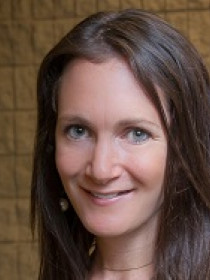About Samara
Klar’s research focuses on how citizens' social and political identity groups influence their political preferences. She argues that individuals associate with many groups at once and, at times, these identities may align with competing sides of policy debates. In these instances, she finds (using experimental studies) that the identity facing the greatest perceived threat most strongly influences political preferences. When two groups both face threats, however, they both fail to exert influence. In other work, Klar examines political engagement among Americans who identify as "political independents" and she demonstrates, with large-scale survey data, that those who value "independence" as an important political identity are highly engaged in American politics. Elsewhere, she looks at the influence of gender and parenthood in political decision-making. In her ongoing research, Klar uses surveys and experimental methods to study the consequences of partisan conflict on public engagement with politics. Klar is the recipient of numerous awards and grants, including funding from the National Science Foundation. Her work appears or is forthcoming in the American Journal of Political Science, the Journal of Politics, and Political Psychology.
Contributions
In the News
Publications
Measures how exposure to opposing viewpoints, in isolation, tends to polarize Democrats and Republicans, but social interaction in ideologically diverse groups appears to increase bipartisan cooperation.
Shows that many Americans have grown embarrassed of their own partisan attachments. Demonstrates that people intentionally mask their partisan preferences in social situations. Argues that independents are politically consequential.
